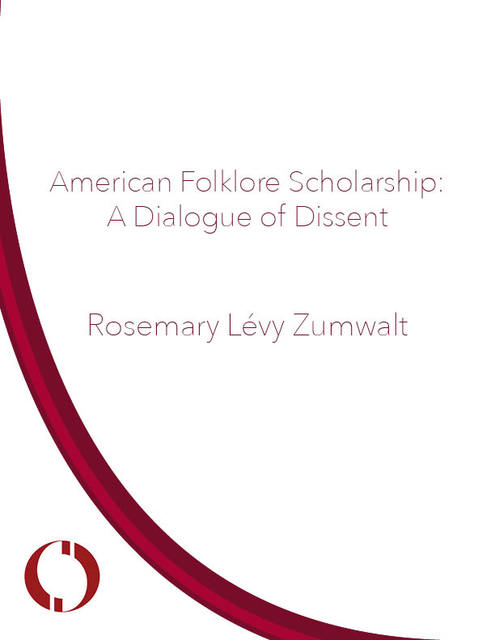American Folklore Scholarship
A Dialogue of Dissent
Rosemary Zumwalt examines the split between the literary folklorists and the anthropological folklorists during the period from 1888, when the American Folklore Society was founded, to the early 1940s, when control of the Journal of American Folklore by the anthropologists was ended. At the center of the conflict were concerns of professionalism, science, and academic discipline.
For the literary folklorists, the orientation was toward literary works and the unwritten tradition from which they derived. Folklorists also focused on the study of literary types or genres. Child and Kittredge studied the ballad; Thompson, the folktale; Taylor, the riddle and the proverb. In anthropology, study was directed toward cultures without writing, and the emphasis was on fieldwork. Boas in his own writings, and in training his students, stressed collection of every aspect of the life of a people. And part of that material collected was folklore. The literary folklorists looked at literary forms for folklore while the anthropological folklorists looked at the life of the people and saw folklore only as part of it. Although this discipline-bound focus of the two factions created friction and led the two groups in different directions, it helped shape the development of the discipline in the United States.

Table of Contents
Metadata
- isbn978-0-253-05554-5
- publisherIndiana University Press
- publisher placeBloomington, Indiana USA
- restrictionsCC-BY-NC-ND
- rightsCopyright © Trustees of Indiana University
- rights holderIndiana University Press
- rights territoryWorld
- doi
We use cookies to analyze our traffic. Please decide if you are willing to accept cookies from our website. You can change this setting anytime in Privacy Settings.


